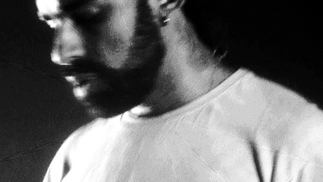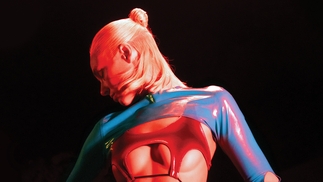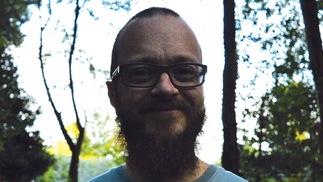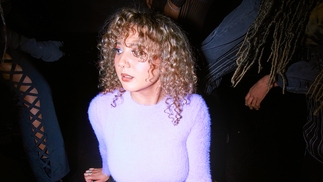Get to know: Sansibar
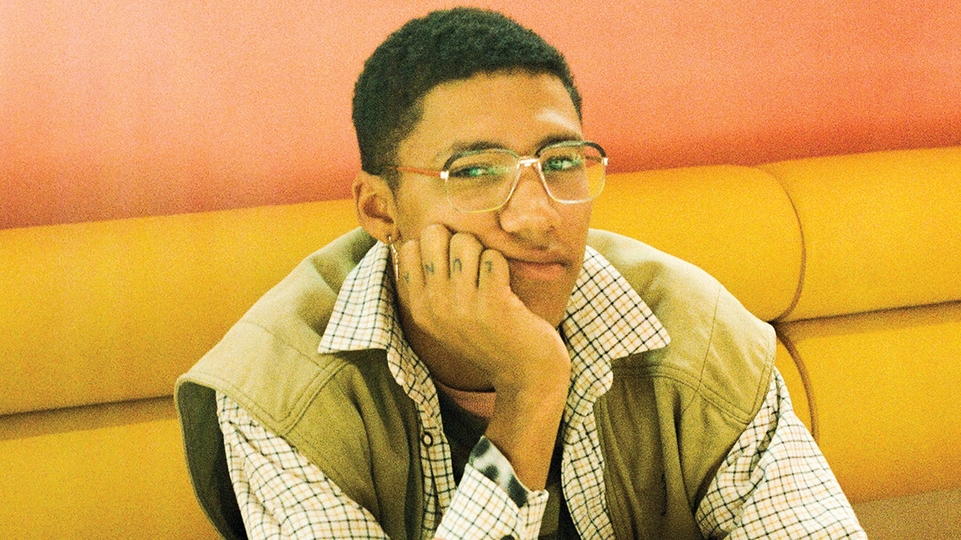
Get acquainted with Sansibar, the Helsinki producer fusing vintage rave euphoria with a futuristic edge
“I don’t like this idea of only being able to play one thing or being puritanical to a sound or scene,” says Sunny Seppä, aka Sansibar, as we mull over his vision for music. The Helsinki-based producer has a clear knowledge of what makes dancefloors tick and, in a relatively short space of time, his tunes have become DJ staples, pulling from the pools of old-skool trance, euphoric ‘90s techno and classic hardcore, while maintaining a future-facing edge
Sansibar’s debut EP ‘Quadra’ came out in 2018 via the Australian tape label, Altered States Tapes; a collection of four intelligent, sensitive electro tracks. In 2019, an EP with Manchester’s Natural Sciences and his debut album ‘Targeted Individuals’ followed. By 2020, he was still bubbling under the surface, but the year that ground to a halt for many proved to be a period of serious activity for Seppä.
He released three EPs with Leipzig collective WARNING and Finnish labels Émotsiya and Avoidance, and contributed to compilations on labels like Radiant Love. His EP with Avoidance, titled ‘Game Over’, warranted vinyl represses and saw plays in every live stream you could clap your eyes on.
Toward the end of 2021, he debuted on Kalahari Oyster Cult with his second album, ‘Sans Musique’, bringing together all the things Sansibar loves about dance music in one cohesive, extended collection. Across its six tracks, he veers from driving, wide-eyed techno into otherworldly 2-step and deep, ravey breaks. Alongside a sub-shaking remix from Earth People, the album is futuristic with a vintage flair.
Despite his obvious talent for tunes, making dance music as Sansibar wasn’t (and still isn’t) the only plan for Seppä. His first love was punk and metal. He played in bands with friends from the age of 15, and still does to this day; he’s in the process of making guitar music under a different alias. “I can play bass, drums and guitar,” he says, “but I’ve always learned by myself, I never went to any music schools. I just learned how to play with friends, trying to play songs that I liked.”
Seppä’s innate curiosity for music led him to download Ableton, aged 20. But this wasn’t quite the start of his dancefloor love affair. “I didn’t have any idea what to do with it,” he remembers. “I was still way more into guitar music.”
The club was naturally Seppä’s gateway into dance music, although it came slightly later for him. With such a huge love for guitar music, what was it about the club that got him so hooked? “The thing I’ve always really liked about music is its movement and physicalness,” he explains. “I think club music encapsulates that. It’s really physical — you can almost meditate with it.”
A chance encounter with the booker at club Kaiku in Helsinki opened new doors for him. “We got talking, and we had a similar taste in music. He asked me to DJ there, but I didn’t know how to!” remembers Seppä. “I had bought records, but it never really occurred to me that I could DJ.”
He played the gig, which turned into a residency, and marked the start of Sansibar. Although Seppä came to DJing somewhat by accident, he’s firm on its importance to his music as Sansibar. “I like to play eclectic stuff and see how it fits together,” he explains. “I can play a UK-based track into a techno track and then incorporate that into my music.”
Another integral part of his work is the collective experience of sharing it once finished, he says. “As Sansibar, I make club music, so I want to see people react to it in a physical way. Without that, it feels kind of bleak."


